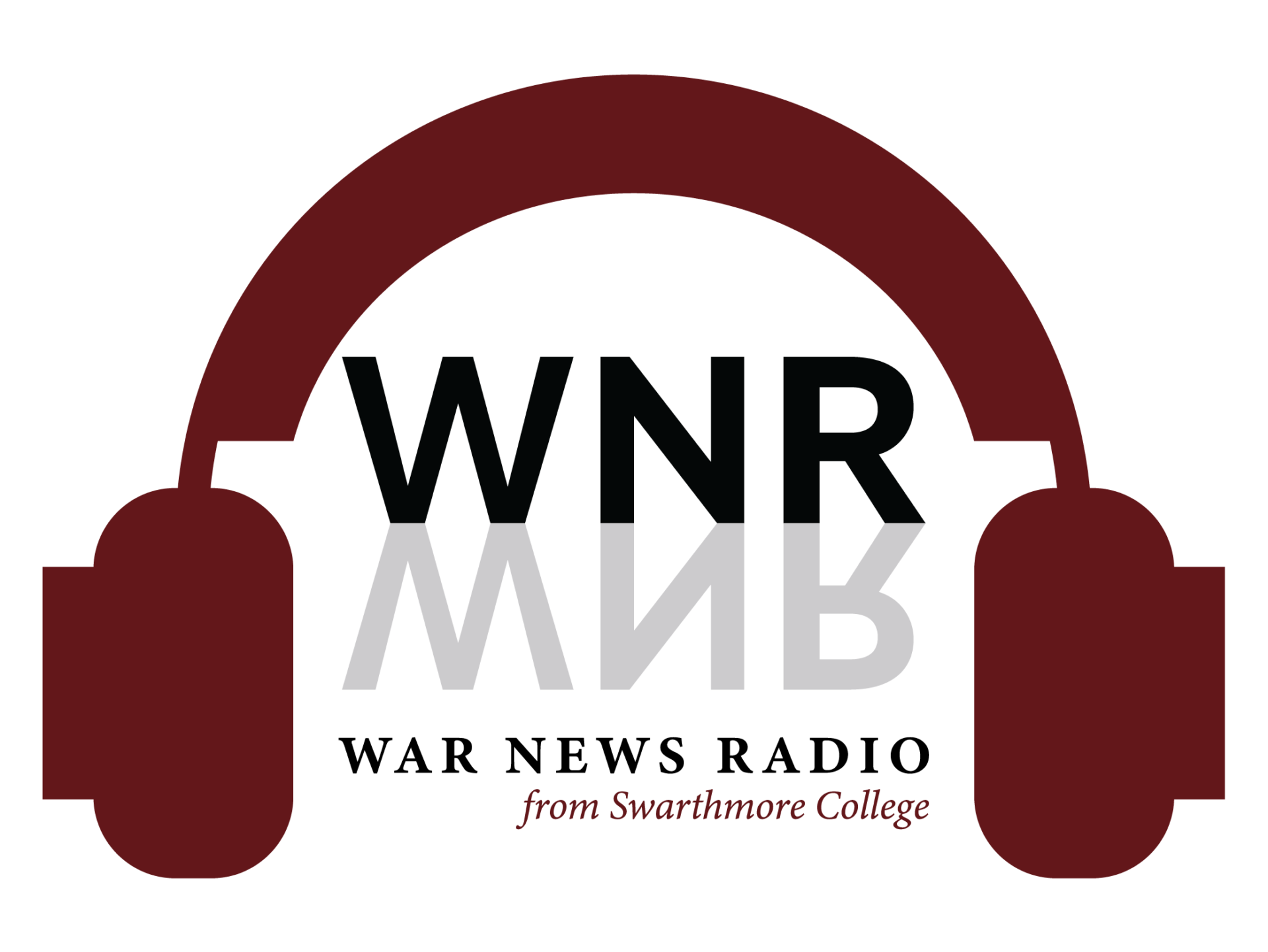Syria crisis: UN talks as scores of bodies found near Homs – live updates
• Thousands of Syrian activists appear on regime ‘hit list’
• Elite fourth division armoured sent to Homs
• Amnesty: Iranian crackdown increases ahead of elections
9.19am: Injured Sunday Times photographer Paul Conroy is reported to be “safe and sound” in Lebanon, according to Reuters. A diplomatic source told the agency that he was smuggled out of Homs.
9.08am: Another video from Homs appears to show a tank under the control of Free Syria Army fighters.
The clip was purportedly filmed on Monday and cannot be verified.
Meanwhile the YouTube channel Syria Pioneer continues to document the army’s bombardment of the Baba Amr area, now in its 25th day.
8.35am: (all times GMT) Welcome to Middle East Live where Syria remains the main focus.
Here’s a roundup of the latest developments:
Syria
• Syrian president Bashar al-Assad sent units of an elite armoured division into Homs on Tuesday as rebel-held districts came under the heaviest bombardment of a three-week-old offensive, opposition sources told Reuters. They said tanks and troops of the Fourth Division, which is commanded by Assad’s brother Maher moved overnight into main streets around the besieged southern area of Baba Amro. The tanks had “Fourth Division Monsters” painted on them, they said.
The footage was purportedly filmed on Sunday in the Christian area of Hamdiyeh, north-east of the centre.
• The bodies of dozens of men were found dumped on wasteland on the outskirts of Homs on Monday in what appeared to be one of the worst instances of mass killing since the uprising against President Bashar al-Assad began, the Washington Post reports. The Local Co-ordination Committees, an opposition group, said that the bodies of 64 men were taken to the National Hospital in Homs and that an unknown number of women and children who had been with them are missing.
A 718-page digital document obtained byMother Jones contains names, phone numbers, neighborhoods, and alleged activities of thousands of dissidents apparently targeted by the Syrian government. Three experts asked separately by Mother Jones to examine the document—essentially a massive spreadsheet, whose contents are in Arabic—say they believe that it is authentic.
• The UN’s human rights council is poised to discuss Syria at a special session today in Geneva. Russia said it would not object to holding meeting, but said any written resolution would not be useful to resolving the situation in Syria.
• A referendum on a new constitution was approved by close to 90% of voters, the Syrian government claimed as international reaction to its ongoing crackdown intensified, with the European Union announcing fresh sanctions against key regime figures. Activist groups said 124 people had been killed the day after the ballot, which had been hailed as a showpiece of reform in the rigidly controlled state.
• Fresh attempts to evacuate wounded Western journalists to safety from the Syrian city of Homs have failed again after one of the reporters refused for a second time to get into a Red Crescent vehicle, the BBC reports. Edith Bouvier, a reporter with the French daily Le Figaro, apparently would not board the vehicles and other evacuees stayed behind in solidarity.
• Qatar’s prime minister, Sheikh Hamad bin Jassim al-Thani, has urged the international community to provide arms to Syrians rebelling against the Assad regime. “I think we should do whatever is necessary to help them, including giving them weapons to defend themselves,” the prime minister said during a visit to Norway.
I hear the outcry already: Arming Assad’s opponents will only exacerbate the fears of Syria’s minorities and unite them, ensure greater bloodshed, and undermine diplomatic efforts now being led by Kofi Annan, a gifted and astute peacemaker. It risks turning a proxy war into a proxy conflagration.
There is no policy for Syria at this stage that does not involve significant risk. But the only cease-fire I can see that will not amount to an ephemeral piece of paper is one based on a rough balance of forces. For that, the Free Syrian Army must be armed.
In the end, this course will support, not undermine, Annan’s diplomacy and perhaps open the way for the sort of transition outlined by the Arab League. In return, the divided Syrian opposition must provide a firm commitment to respect the rights of minorities. The treatment of minorities — like that of women — is one of the many pivotal tests of the Arab Spring.
• Mohammed Zidan, a police defector from Idlib, has been speaking to the Independent’s Kim Sengupta. “I feel very worried, guilty. But I have made my choice, I have joined the people.”
Iran
• Iran’s crackdown on free speech and civil society has dramatically escalated in the run up to this week’s parliamentary elections, according to a new report by Amnesty International. The report documented a wave of recent arrests targeting a range of groups, including lawyers, students, journalists, political activists and their relatives, religious and ethnic minorities, filmmakers, and people with international connections, particularly to media.
from Matthew Weaver, Brian Whitaker
via http://www.guardian.co.uk/world/middle-east-live/2012/feb/28/syria-un-talks-homs-bodies-found-live
